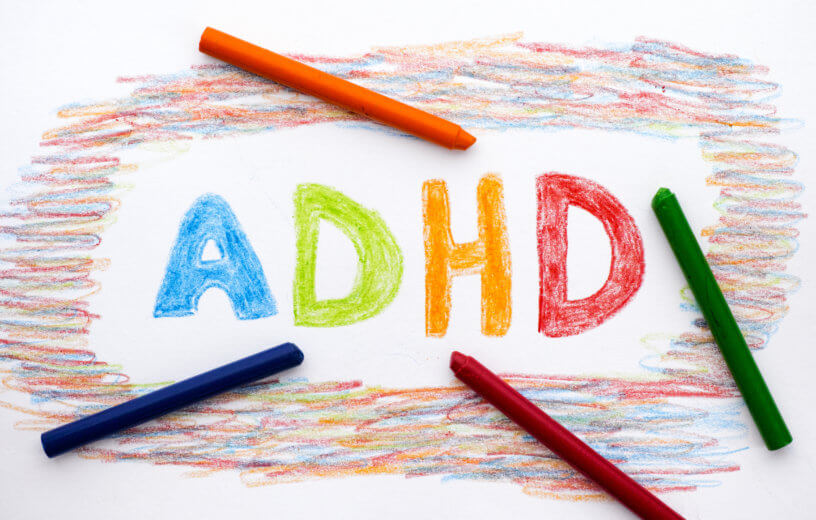MELBOURNE, Australia — Whenever anyone, of any age group, starts taking a prescribed medication, it’s always advisable that they follow their doctor’s orders when it comes to the dosage frequency. Now, research from the Murdoch Children’s Research Institute (MCRI) finds that children diagnosed with attention deficit hyperactivity disorder (ADHD) frequently fail to take their medication.
The study revealed that the average medication coverage, or the total time on a drug between the first and last redeemed prescriptions for children with ADHD, was only 60%.
MCRI associate professor and lead author Daryl Efron says that medication use for children with ADHD is usually high over the first few months, but then progressively decreases. Drug intake typically only increases to recommended levels again after five to six years of treatment.
Additionally, researchers noted that children from socially disadvantaged families were less likely to take their prescribed ADHD medication consistently.
“We know low socioeconomic families can find it more difficult to attend medical appointments, with factors including appointment costs, transport difficulties and missed work all potentially contributing,” Efron says in a media release.
For Australian children, the average medication coverage was 81% in the first 90 days, before dropping to 54% after that.
“About 90 percent of children with ADHD respond well to at least one of the stimulant ADHD medications,” Efron explains. “ADHD is a chronic condition and so there is a strong argument that treatment should be provided consistently for several years in most cases. But adherence with ADHD medications is often inconsistent.”
The research team examined 3,537 Australian children for this study. Of that group, 166 children, or 3.6%, had redeemed prescriptions for one of the three leading ADHD medications: methylphenidate, dexamphetamine, and atomoxetine. Boys were four times as likely to be prescribed ADHD medication than girls.
“Effort should be made to continue to engage children who stop taking medications and their families to ensure they are able to access appropriate interventions, which may include medication alongside other interventions such as mental health and educational supports,” Efron concludes.
The study is published in the Archives of Disease in Childhood.
